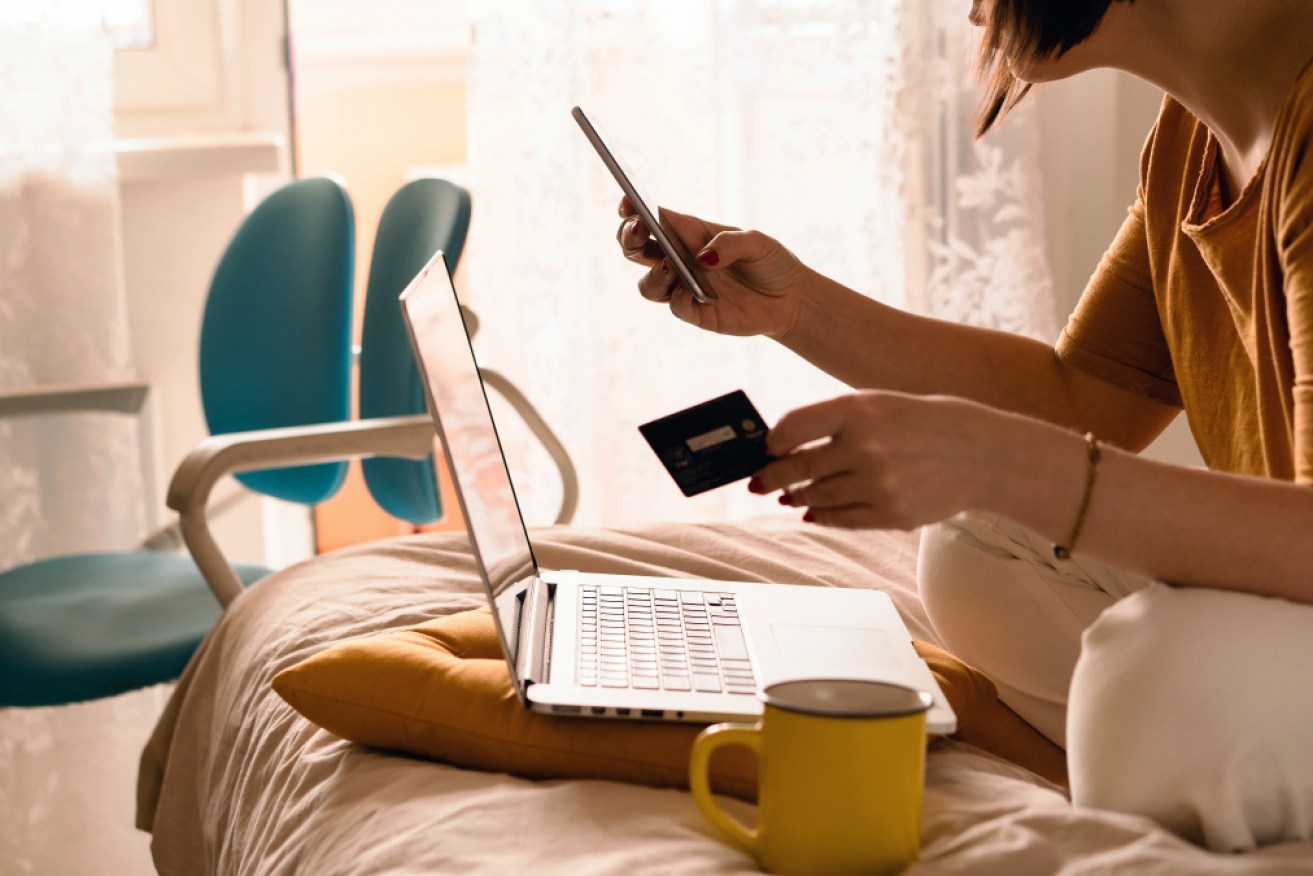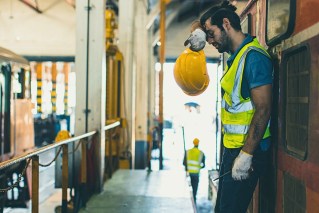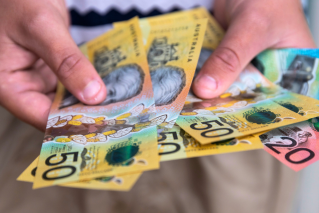How to protect yourself when shopping secondhand online


Think twice before handing over your hard-earned cash. Photo: Getty
If your budget is buckling under the pressure of the cost-of-living crisis, shopping secondhand can help, especially when it comes to big-ticket household items such as fridges, couches and TVs.
In many ways, the internet has made perusing the secondhand market easier than ever, with platforms such as Facebook Marketplace and Gumtree popular options.
But shopping for secondhand items online through largely community-run platforms comes with risks, so The New Daily went to the experts to find out more.
Why do people shop secondhand?
Macquarie University professor of consumer psychology and marketing Jana Bowden said consumer purchasing behaviour is rapidly changing as inflationary pressures inflate household bills and threaten job security.
Now many shoppers look to secondhand markets as the first port of call.
She said according to eBay, non-new sales categories are expected to boom from $575 billion to $750 billion globally in 2025.
This is 50 per cent faster than the rate of buying new products.
“Buying secondhand … gives consumers the option to keep shopping, without the guilt and bill shock that comes with buying products at full price,” Bowden said.
“But thrifting also offers entertainment and connection – many thrifters meet one another in the process of exchange, and that’s fulfilling in itself.”
What are the risks of online thrifting?
Facebook is the No.1 choice for thrifters, but a UK survey found one in six people had been scammed while using Facebook Marketplace, Bowden said.
Scamwatch data doesn’t show how much money is lost on specific platforms.
But the organisation found Australians reported losing $7.7 billion to classified scams last year, and a further $739,078 in January and February this year; most of these scams occurred through social networking.
Typical consumer protections don’t apply when you buy from a private seller, meaning buying secondhand via online marketplaces is usually a case of ‘buyer beware’.
“It can be a trap for naive first timers. The old adage applies – if it seems too good to be true, then it probably is,” Bowden said.
“So the best advice is to stop, think and protect.”
How do you minimise risks?
Queensland University of Technology consumer and retail expert Gary Mortimer said when perusing online secondhand marketplaces, try and look into the history of sellers.
This means seeing if they have good ratings from previous buyers, and possibly a history of selling similar products.
You should avoid providing your home address and credit card details, and always inspect items in person before handing over money.
“Always make sure that … you inspect the product, you test the product and then you exchange cash [or pay via online banking] there,” Mortimer said.
“For safety reasons, you might choose to bring a friend or family member with you.
“I’d also ask for a written receipt to make sure that you are actually taking title of those goods and that [the seller] sign that receipt to say the purchase has taken place.”
Mortimer said you should also be more cautious when it comes to buying electronics such as computers or smartphones in case they’re locked to a particular telco provider or represent a potential hazard.
He said consumer electronics should always be tested by a certified electrician before being plugging into your household system.
Liam Kennedy, content producer with consumer advocacy organisation Choice, recommended giving rechargeable battery-operated products such as a stick vacuums an “extended” test run.
“Their battery life can degrade over time … so if it runs on a rechargeable battery, give it a good go to make sure it doesn’t drain from 100 to empty really quickly,” he said.
When it comes to whitegoods such as fridges and washing machines, he said it’s important to check door seals are intact, and to plug in the devices to see if they make any unusual noises or movements.
Kennedy said before buying, you should also check to see if a product has been recalled; you can do so by visiting the Product Safety Australia website.








